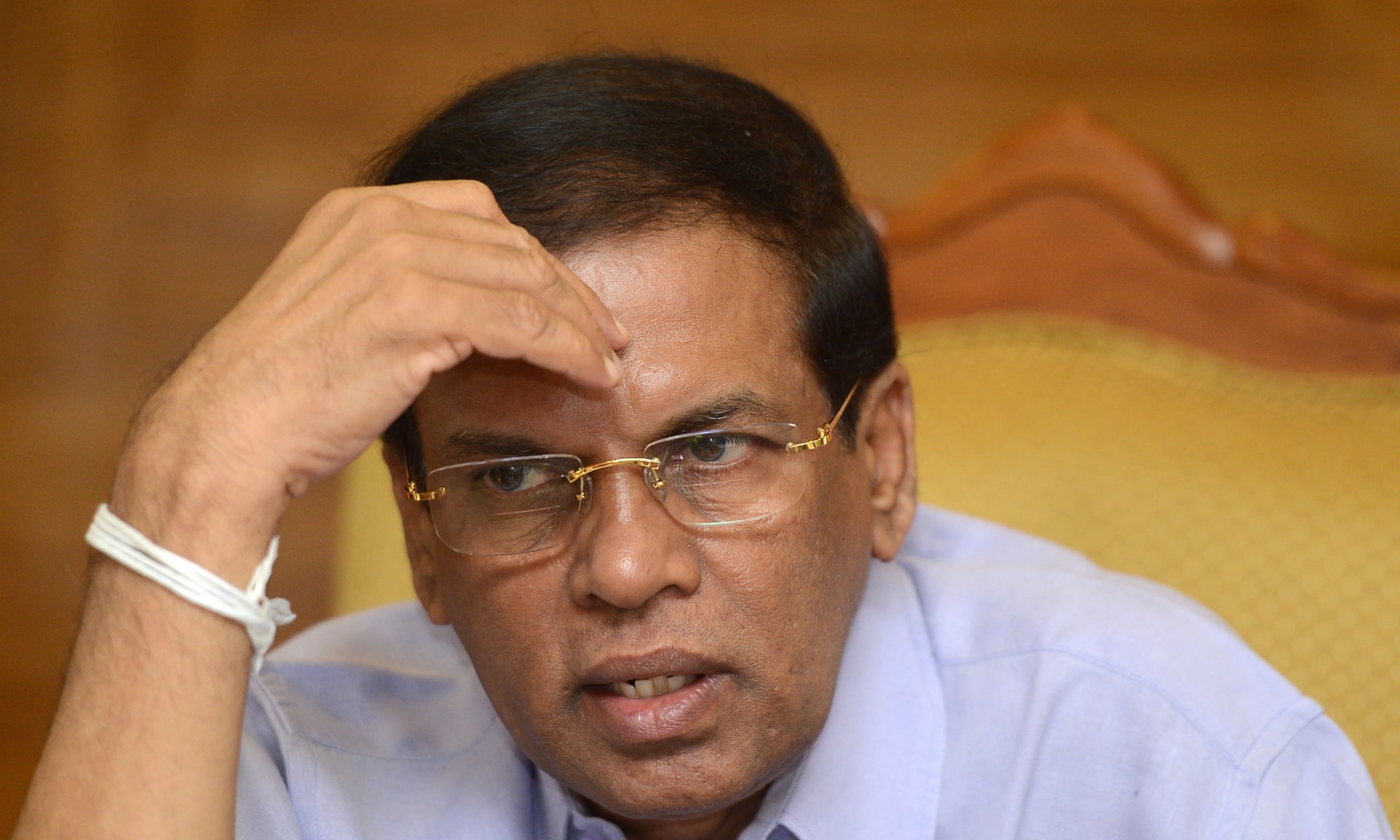By Christine Khamis
Impunity Watch Reporter, Asia
COLUMBO, Sri Lanka –
International human rights groups Freedom from Torture and the International Truth and Justice Project have released reports indicating that Sri Lankan authorities continue to allow torture and other abuses against the Tamil people. Human rights abuses have continued despite President Maithripala Sirisena’s promises to address such abuses when he came into power last year.

Freedom from Torture and the International Truth and Justice Project (ITJP) have presented evidence of torture and sexual abuse of Tamil minority victims at the hands of Sri Lanka’s intelligence and military officials. There have been 27 separate cases of human rights abuses in the last 12 months, according to their reports. Freedom from Torture, a UK-based organization that provides medical aid to torture survivors, was involved in eight of those cases.
Freedom from Torture has reported that it has medical evidence of torture by Sri Lankan military and intelligence officials. The victims were all from the Tamil minority group. Two of the victims that Freedom from Torture helped said that they had undergone detention and torture in a notorious military camp in northern Sri Lanka. Others reported that they had been tortured in a jungle camp. Most of the victims that Freedom from Torture helped have scars from being branded. Most of them were also sexually abused.
The report from the ITJP, an organization based in South Africa, includes testimony of 20 survivors and evidence from medical reports which corroborated the survivors’ accounts of torture and other abuses. The report also indicates that forced abductions, a practice that was common under Sri Lanka’s previous government, may also still be occurring. The ITJP says that the Tamils continue to undergo repression and torture at the hands of Sri Lankan officials.
Sri Lankan officials have denied the allegations in the reports. Cabinet spokesman Rajitha Senaratne says that Sri Lanka’s Defense Ministry has no information on the torture allegations and that it will investigate the cases if the organizations send them the evidence. Brig Jayanath Jayweera, Sri Lanka’s Army Spokesman, also denied the allegations, saying that Sri Lankan media would have reported on any abductions and torture.
When Mr. Sirisena became president in January 2015, he pledged to introduce widespread reform and bring reconciliation among Sri Lankan communities by addressing human rights abuses.Sri Lanka has also been under much international pressure to address human rights violations.
In September, the United Nations called for a special war crimes court to address the crimes committed by both the Sri Lankan government and Tamil Tiger rebels during Sri Lanka’s civil war, which ended in 2009. So far, Sri Lankan’s government has launched a domestic inquiry into the alleged war crimes, with limited assistance from the international community.
Last month, Foreign Minister Mangala Samaraweera announced that Sri Lanka’s government had signed an international agreement banning abductions by the state and agreeing to the protection of human rights.
For more information, please see:
BBC News – Tamils ‘Still Tortured’ in Sri Lanka, Say Rights Groups – 7 January 2016
The Guardian – Sri Lanka Accused of Allowing Continuing Human Rights Abuses – 6 January 2016
The Sunday Times Sri Lanka – Lanka’s Torture Machine Continues in Peacetime – 6 January 2015
Sri Lankan Guardian – Torture Casts a Shadow Over Sirisena’s First Year as President of Sri Lanka – 6 January 2016

